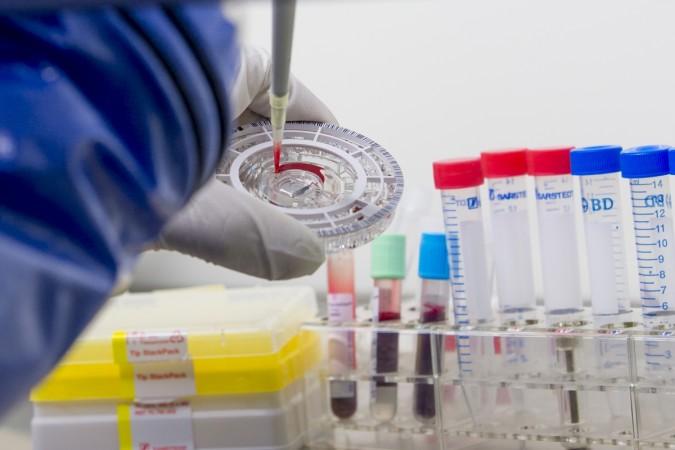
Canada has decided to give almost 1,000 doses of an experimental vaccine for the Ebola virus, to help the victims who have contracted the disease in the four West African countries of Guinea, Liberia, Sierra Leone and Nigeria.
The Canadian government said that they would donate around 800 to 1,000 doses of the Ebola vaccine. However they are yet to finalise on a particular number, as they want to keep a substantial number of doses with themselves, as a precautionary measure, in case any case of the Ebola virus pops up in the country.
"We see this as a global resource, something we need to put on the global table to say... how can we make best use of this asset? We're looking to do that as fast as we can," said Dr Greg Taylor, Deputy Chief Public Health Officer, Public Health Agency of Canada, to Reuters.
Dr Taylor also said the US government is also currently in talks with the WHO over how these experimental drugs could be used in West Africa.
Canada said they have a total of around 1,500 of these doses now. This vaccine has only been tested on animals, and could prove to have certain side effects on human beings. However, seeing the high mortality rate of the Ebola outbreak, the WHO has decided that it would be better to use an experimental drug, instead of just treating the symptoms.
"You really don't know how safe it is, you don't know what the side effects are going to be," said Dr Taylor. "But in this extraordinary circumstance in Africa right now, we're trying to do everything we can to assist."
WHO's Change in Stance
This announcement comes after the World Health Organisation (WHO) said treating the Ebola victims with the experimental drugs would not be considered as unethical, keeping in mind that 1,013 people have been killed by the virus in the region.
This change in opinion by the WHO comes as a complete turnaround from their stance on the matter, last month, when two US citizens tested positive for the virus and were given a vaccine that had never been tested on humans before.
However, back then, the WHO had criticised the US Food and Drug Administration for this move, saying that clinical trials should have been done before giving the drug to the two US citizens.
The two US citizens, who contracted the virus in West Africa, had received an experimental drug called ZMapp, which was developed by a firm named Mapp Biopharmaceutical. This drug was previously experimented only on chimpanzees.















